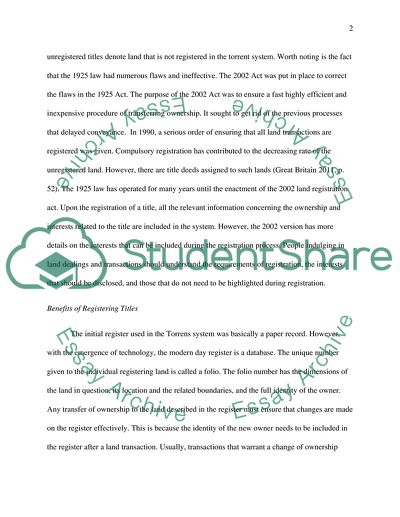Cite this document
(“The Enforcement Rules: Land in England and Wales Essay - 6”, n.d.)
The Enforcement Rules: Land in England and Wales Essay - 6. Retrieved from https://studentshare.org/law/1664941-land-law
The Enforcement Rules: Land in England and Wales Essay - 6. Retrieved from https://studentshare.org/law/1664941-land-law
(The Enforcement Rules: Land in England and Wales Essay - 6)
The Enforcement Rules: Land in England and Wales Essay - 6. https://studentshare.org/law/1664941-land-law.
The Enforcement Rules: Land in England and Wales Essay - 6. https://studentshare.org/law/1664941-land-law.
“The Enforcement Rules: Land in England and Wales Essay - 6”, n.d. https://studentshare.org/law/1664941-land-law.


